Phocaean joined me for a second conversation on recovering an aristocratic understanding of Christianity. Here are his essays that we discussed:
An Aristocratical Christianity
Other links:
Our first conversation on the subject: Nietzsche and Aristocratic Christianity
My previous “Classical Conversation” with David Azerrad
Below are the core questions that I asked Phocaean:
1. Why do you think that many Christians yearn for a scientific vindication of the Bible; for example, physical evidence of the flood from the account of Noah’s arc. What do they hope for out of the scientific explanation, and why shouldn’t they hope for this?
2. You were driving at something interesting with respect to morality. You note that most people look at morality from the standpoint of selfish or selfless; do you think that this is a mistaken starting point? –i.e., to put it another way, they look at it as good / profitable vs. noble / sacrifice of something good.
3. We talked about this a little bit in our previous conversation, but you seem to have developed your thoughts a little more on the relationship between Christianity and wealth and power. You propose two general interpretations:
a) Power / money necessarily corrupts the man = communism as a secularized version of Christianity
b) Power shows the man. A bad man with wealth / power will be revealed as such, and good man as well = liberalism as a secularized version of Christianity
Which one of these interpretations is more at the heart of Christianity?
4. Why is Christianity so easily misunderstood? Is the problem more in the nature of Christianity or is it more within the types of men who examine it?
5. You also recently sketched an outline for a possible book on the American South that carefully traces the way in which different interpretations of liberalism are developed in the North and the South and how Christianity developed in relation to these different interpretations. It sounds like a book well worth writing and you are probably the only man who could do it well. I wouldn’t ask you to walk through the whole arc of your hypothesis, but what do you take as the most important idea that you would hope to lay out?







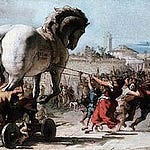


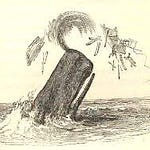
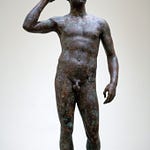
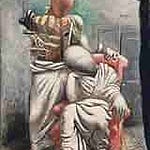
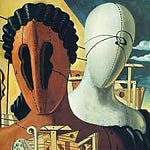
Share this post